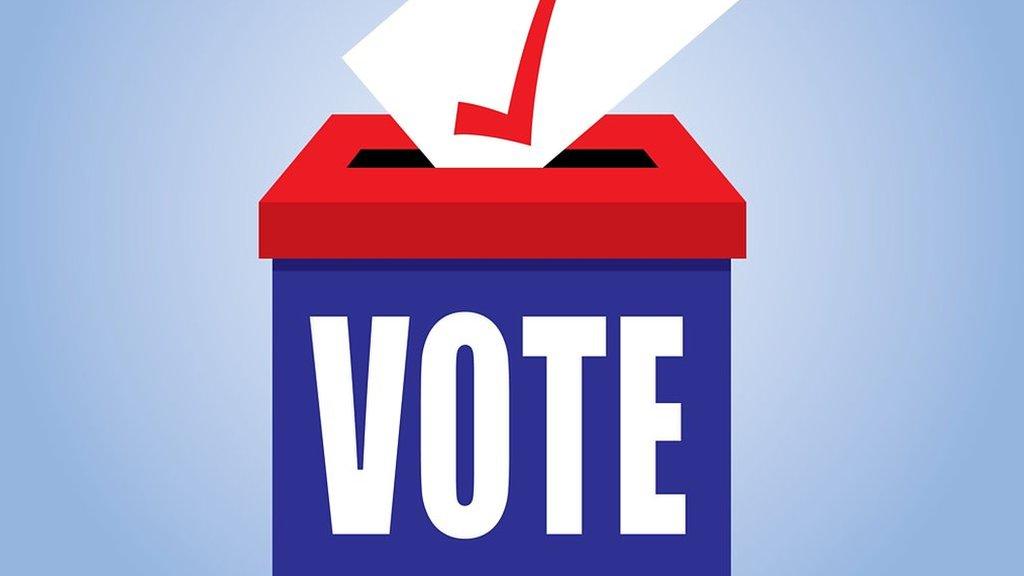General election 2019: Who's in charge during an election?
- Published
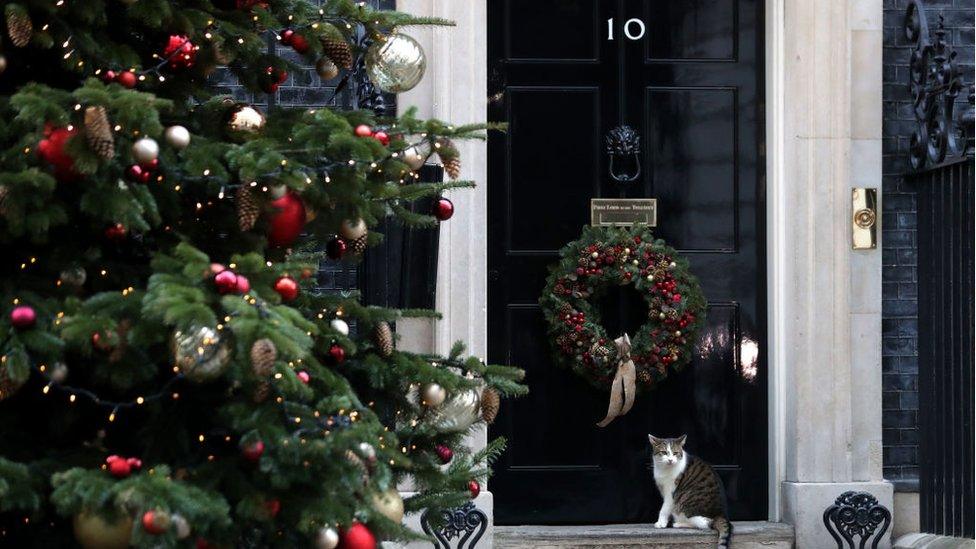
The world doesn't stop just because an election is on - there could be an international crisis, a run on a bank, flooding, or an outbreak of disease.
So who's in charge while politicians hit the campaign trail?
What happens to the government?
When a UK general election is called, MPs become members of the public again and every seat in the House of Commons becomes vacant.
However, the basic principle is that the Queen must have a government at all times.
That means the prime minister and other members of the government remain in charge during an election.
What powers do ministers have during an election?
Ministers - the people in charge of government departments like health and defence - are only allowed to carry out essential tasks. That means there shouldn't be any major policy announcements during the campaign.
If an urgent decision has to be made, it should be taken only after discussing it with the main opposition party.
This is to make sure governments don't use resources paid for by taxpayers - including the people who work in government departments - to swing the election their way.
How are the rules enforced?
Civil servants are the people who carry out the government's decisions. They continue to keep the country running during an election, doing jobs like paying benefits, running prisons and issuing driving licences.
If they thought a minister was asking them to do something not allowed during an election, they could insist the request be put in writing.
This can be scrutinised later, after the election, to judge if rules were broken. But no retrospective punishment can be applied.
What happens to MPs during the campaign?
During the election period there are no MPs, so those seeking re-election cannot use that title.
The process is rapid and brutal. Their biographies disappear from Parliament's website,, external they can't use their parliamentary offices or phones.
But their parliamentary email accounts are still available for urgent constituency matters.
If they have a website that uses the letters "MP" they have to freeze it for the duration. They must include a disclaimer on any social media accounts where they are referred to as an MP.
The ones who are standing for re-election will still be allowed into the parliamentary buildings to collect post etc, until midnight, five working days after dissolution - the formal term for closing Parliament for an election.
After this point, security passes will be deactivated.
What if no party wins an election?
If an election produces a hung parliament, where no one party wins more than half of all seats, election restrictions remain in place.
This continues until a new prime minister emerges after any cross-party talks.
This happened in 2010, when Gordon Brown remained Labour prime minister for five days while coalition talks between the Conservatives and Liberal Democrats took place.
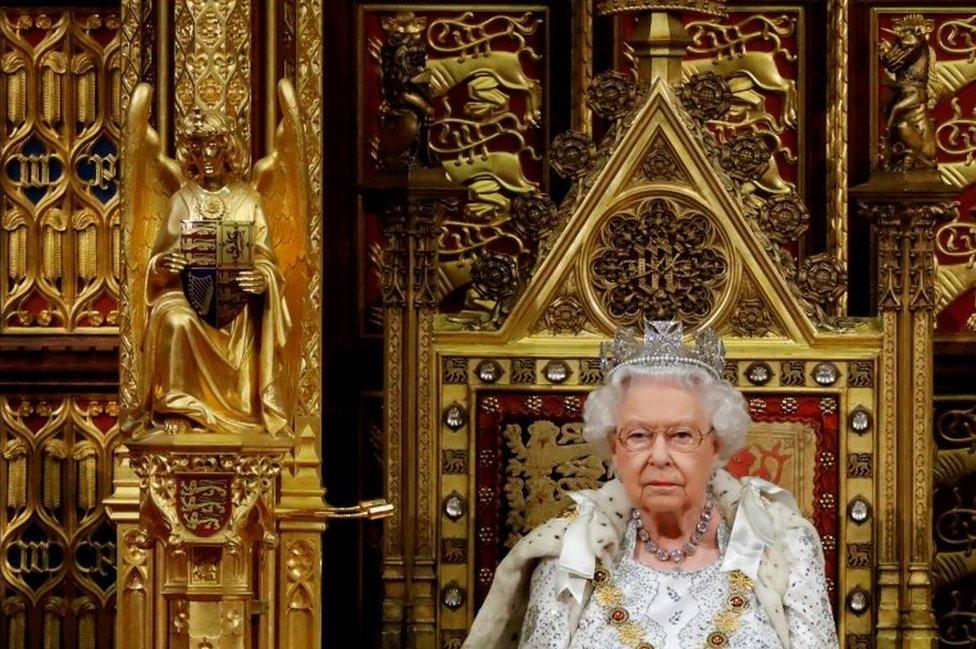
The basic principle of the Queen having a government at all times means ministers remain in charge
What happens to MPs after the election?
When Parliament reopens, all MPs are sworn in - which involves taking an oath of allegiance to the Queen.
That is followed by the State Opening of Parliament, a ceremony which includes a Queen's Speech - written by the government, but read out by the Queen.
This is where the government sets out what it wants to achieve, normally over the coming year. After a few days of debate, the contents of the Queen's Speech are put to a vote.
If the government has no majority, the vote on the Queen's Speech is normally seen as a test of whether it really has the support of Parliament to govern.
If the Queen's Speech is voted down, the result may be another election.
The fate of those who are not re-elected
If a former MP fails to be re-elected, they are given five working days to clear their offices - anything left behind will be destroyed.
The silver lining is that ex-MPs do get severance pay - a Loss of Office payment. The amount depends on their age and the length of time they've been an MP.
Any outstanding debts (repayments for over-claimed expenses, for example) can be deducted first.

The general election explained
- Published6 December 2019
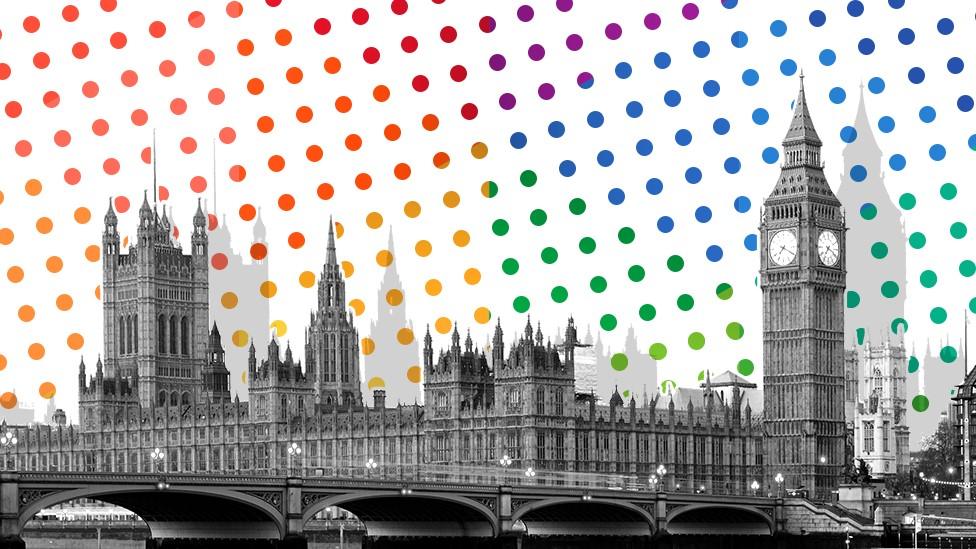
- Published7 November 2019
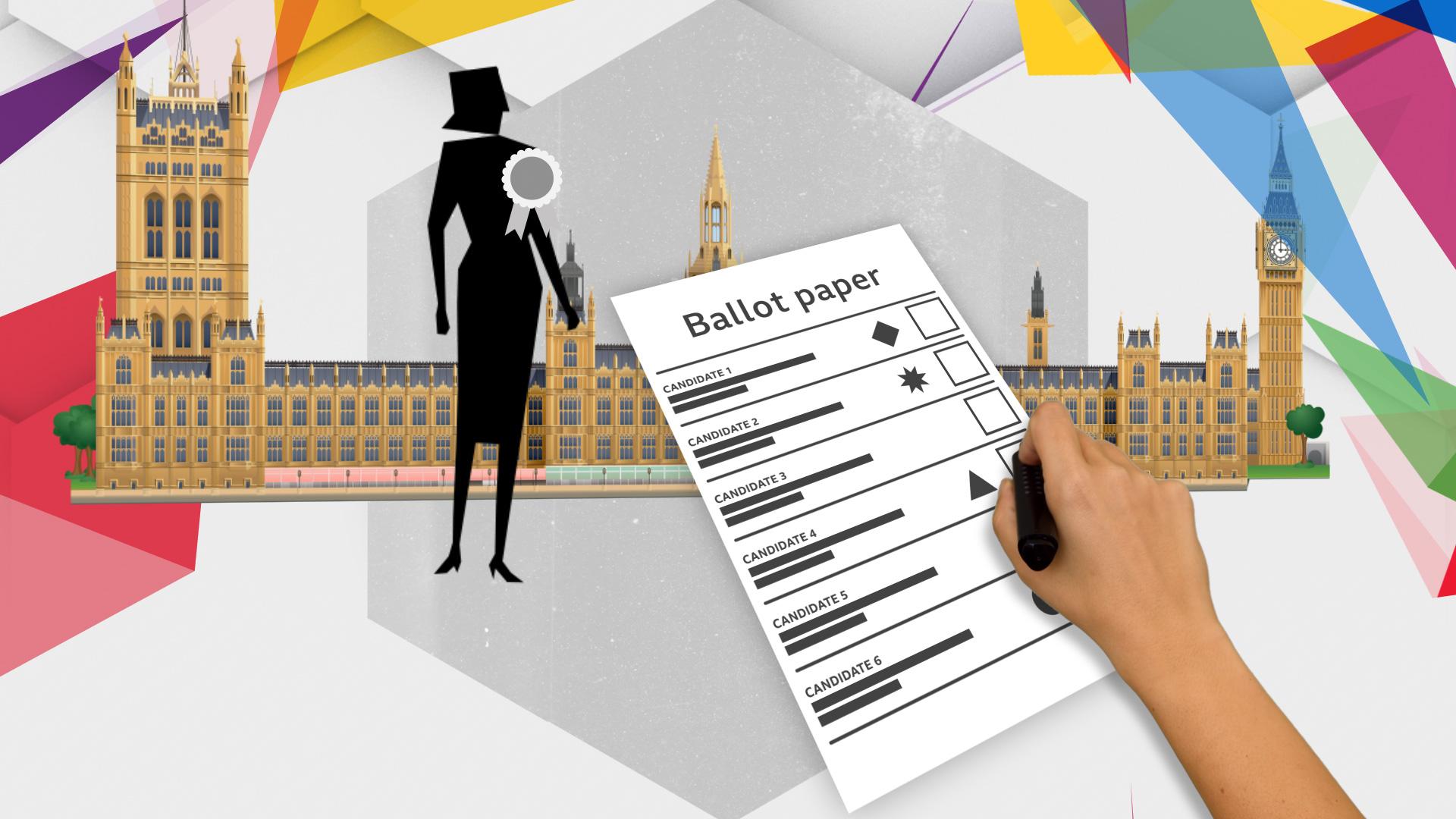
- Published30 October 2019
